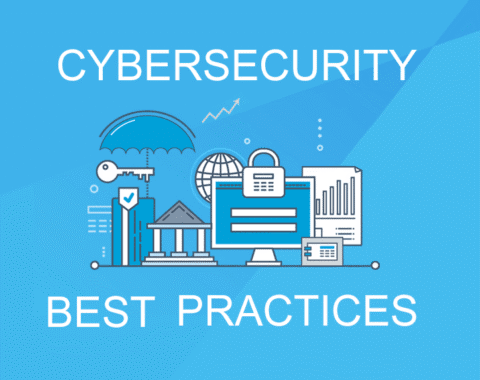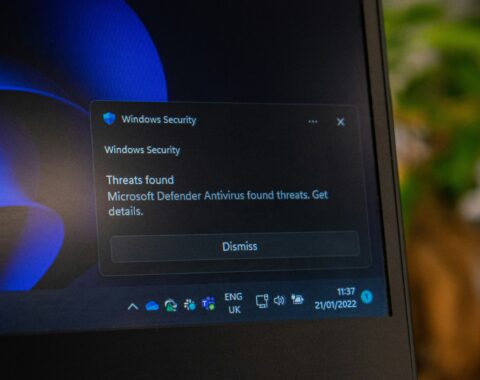In today’s interconnected world, social media platforms like Facebook are central to both personal and professional lives. Unfortunately, they are also frequent targets for hackers. To protect your Facebook account from unauthorized access and other malicious activities, it’s crucial to understand the steps you can take, what to watch out for, and the difference between an actual hack and account duplication. Below are practical steps to keep your Facebook account safe and ensure your digital security.
How to Protect Your Facebook Account
-
Enable Two-Factor Authentication (2FA): Two-Factor Authentication adds an extra layer of security to your account. By requiring both your password and a secondary method of authentication (such as a code sent to your phone), you make it significantly harder for unauthorized users to gain access, even if they have your password.
-
Use a Strong, Unique Password: Ensure that your Facebook password is strong, containing a mix of upper and lowercase letters, numbers, and special characters. Avoid using the same password for multiple accounts—each account should have its own unique password.
-
Regularly Review Login Activity: Facebook allows you to review where and when your account was accessed. Regularly check your “Security and Login” settings for any unusual or unrecognized devices or locations. If you see anything suspicious, log out of all sessions and change your password immediately.
-
Avoid Phishing Attempts: Be cautious of suspicious links or messages, even if they appear to come from trusted friends or Facebook itself. Phishing is a common tactic where attackers send fraudulent messages to trick you into providing your login credentials or other sensitive information. Always verify the authenticity of a link or message before clicking.
-
Keep Software Updated: Ensure your devices—whether they are smartphones, tablets, or computers—have up-to-date software and antivirus protection. Outdated software can have vulnerabilities that hackers exploit to gain access to your account.
-
Review Your Privacy Settings: Adjust your Facebook privacy settings so that only trusted people can see your posts, photos, and personal information. Be mindful of the information you share online, especially publicly, as this can be used to target you.
What Should You Watch Out For?
-
Suspicious Links and Messages: Be on the lookout for unsolicited messages asking you to click on a link, download a file, or provide personal information. Scammers often use these methods to steal your credentials.
-
Login Alerts: If you receive notifications of a login from an unrecognized device or location, this could be a sign that someone has gained unauthorized access. Facebook’s security feature sends alerts when a new login occurs—pay attention to these alerts and take action immediately if necessary.
-
Unusual Account Activity: Keep an eye out for changes in your account activity, such as posts or messages you didn’t make, friends you didn’t add, or changes to your profile information. This is often a red flag that someone has accessed your account without your permission.
Hack vs. Account Duplication: What’s the Difference?
It’s important to distinguish between an actual hack and a case of account duplication, as both have different implications.
-
Hacking: A hack involves someone gaining unauthorized access to your actual Facebook account. This means they have your login credentials and can make changes, send messages, or access private information as if they were you. Hackers can lock you out of your account, post malicious content, or even use your account to scam your friends and family.Signs of a hack include:
- Inability to log in.
- Changes in your profile or settings that you didn’t authorize.
- Messages sent from your account without your knowledge.
- Strange login notifications from unfamiliar devices or locations.
-
Account Duplication: Account duplication, or cloning, is different from hacking. In this case, an attacker creates a new Facebook profile using your name and photos, attempting to impersonate you. This cloned account is then used to send friend requests to your existing contacts and engage in fraudulent activities, like soliciting money or spreading malicious links.While your original account remains safe, duplication can still be harmful to your reputation and relationships. If you become aware of a duplicate account, report it to Facebook immediately to have it taken down.
Staying vigilant and taking proactive steps can help prevent both hacking and account duplication on Facebook. By enabling two-factor authentication, using strong passwords, and staying alert to phishing attempts, you can significantly reduce the chances of falling victim to cybercriminals. Remember to regularly review your account activity, keep software up to date, and report any suspicious behavior to Facebook. While the digital world poses challenges, simple security measures can go a long way in protecting your online presence.



